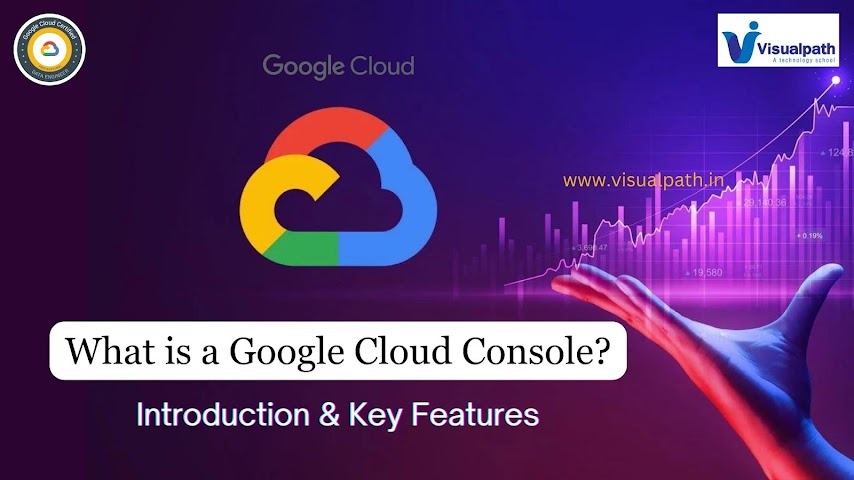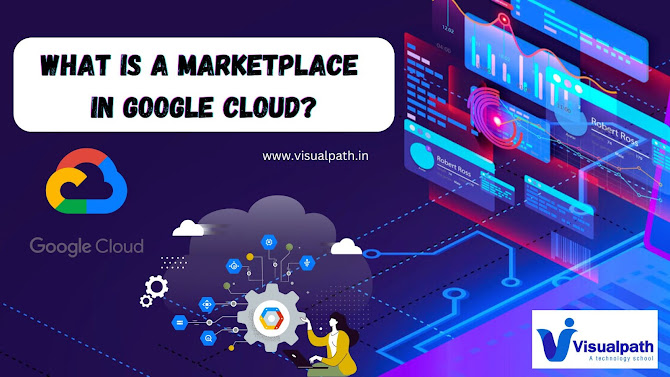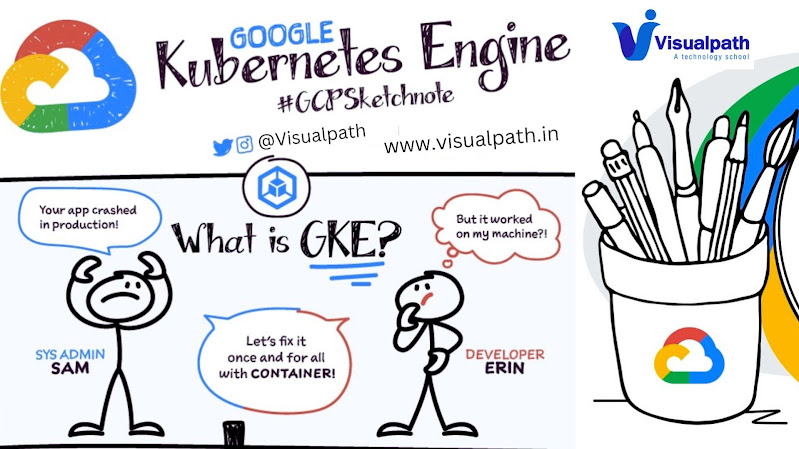What is a Google Cloud Console? Interdiction & Key Features In 2024

What is a Google Cloud Console? The Google Cloud Console, also known as the Google Cloud Platform (GCP) Console, serves as a centralized web-based interface provided by Google for managing and accessing various cloud computing services and resources offered by the Google Cloud Platform. It offers a comprehensive set of tools and features that enable users to deploy, monitor, and manage their applications and infrastructure on Google Cloud. - Google Cloud Platform Online Training Introduction to Google Cloud Console: As businesses increasingly adopt cloud computing to power their applications and services, they require intuitive and efficient tools to manage their cloud resources effectively. The Google Cloud Console addresses this need by providing a user-friendly interface that simplifies the complexities of cloud management, allowing users to focus on innovation and business growth. Key Features and Functions: 1. Resource Management: The Google Cloud Console enables users


.jpg)
